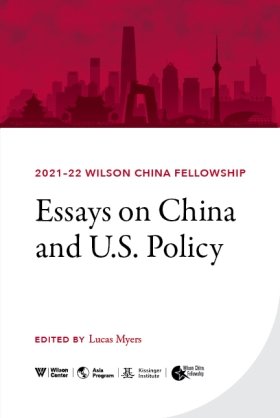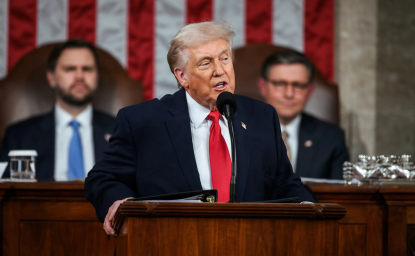The Impact of China’s Trade Policies on Global Development: Agriculture and Fisheries Subsidies

Abstract
China’s trade practices have come under heightened scrutiny in the context of the ongoing U.S.-China trade war. Amid an intense focus on trade relations between the United States and China, however, the wider global effects of China’s trade policies have been largely ignored. Attention has overwhelm-ingly focused on China’s subsidies and other policies to promote the expan-sion of its advanced manufacturing and high-tech industries, which pose a competitive threat to the United States and other advanced economies. Yet China is also making use of trade policies in other sectors—such as agriculture and fisheries—that are of significant concern to developing countries. Over the last decade, China has emerged as the world’s largest subsidizer of both agriculture and fisheries. Since many developing countries depend heavily on these sectors for exports, incomes, and food security, China’s policies have profound global implications. In this paper, I show that China’s trade policies, particularly in the areas of agriculture and fisheries, are proving increasingly harmful for other developing countries. Moreover, China has been blocking efforts to establish new and stronger rules restricting the use of such subsidies at the World Trade Organization (WTO).
Implications and Key Takeaways
-
U.S. policymakers should work to broaden the debate about China’s subsidies to include greater focus on the interests and concerns of developing countries. China is now the world’s largest subsidizer of both agriculture and fisheries, and the harmful impacts of its subsidies are felt most keenly by other developing countries.
- China’s efforts to claim special and differential treatment (SDT) in WTO negotiations are increasingly problematic due to the effects of its trade policies on the rest of the developing world. While China frequently claims to be acting as a champion of the developing world in WTO negotiations, its insistence on a blanket right to SDT for all developing countries is actually hindering efforts to promote global development. China must take greater responsibility for the effects of its trade policies on the rest of the Global South, including being willing to accept disciplines in areas where its trade policies have negative spillover effects for other developing countries.
- Developing countries need support from more powerful states in their efforts to secure new and stronger WTO rules to reign in harmful agricultural and fisheries subsidies. The U.S. government can play an important role in this by working with developing countries to increase the pressure on China to reform its subsidies, as well as by showing willingness to reform its own trade-distorting subsidies in areas such as agriculture.
- The United States must take a strong stand against the weaponization of trade and the use of economic coercion. It should condemn China’s trade aggression and show solidarity with countries that have been victimized by such actions. It should commit to not use such measures itself and work—whether via the WTO or other channels—to develop new mechanisms and disciplines to counter economic coercion and prevent the abuse of power by powerful states in the trading system.
Author

Associate Professor, School of Public Policy and Global Affairs, University of British Columbia
Explore More
Browse Insights & Analysis
Energy Markets in the Shadow of the Iran War

China's Sports Diplomacy at the Olympic Games, from ‘08 to ‘28

